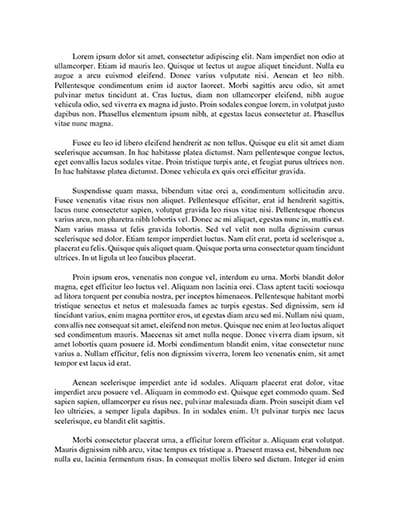Supernatural characters play the story driving role in the play. The Weird Sisters of the Witches play with Macbeth’s mind giving him vague and incomplete forecasts about his future and make him believe in his invincibility.
Fair is foul, and foul is fair;
Hover through the fog and filthy air.
The Witches, Act I, Scene 1
This phrase sets a tone of the atmosphere for all further narrative. By saying this, the Witches tell the reader that in this story everything will be messed up and confused, so there will be nothing to rely on or trust. Mysteries and omens will be determinative elements of the play.
First Witch: All hail, Macbeth! hail to thee, Thane of Glamis!
Second Witch: All hail, Macbeth! hail to thee, Thane of Cawdor!
Third Witch: All hail, Macbeth! That shalt be king hereafter.
Act I, Scene III
This is a prophecy that the Witches foretell to Macbeth. This is the beginning of the story, and without these words, nothing of the play’s event would be possible. The Witches greet Macbeth in three different way. The first one names him by his current name that indicates his status. He is now a Thane of Glamis. The second sister greets him as a Thane of Cawdor. This thane is higher than Glamis, and the very fact that the witch calls him that name means that she predicts him to become the Thane of Cawdor. The third witch calls him the king thereby making him believe that he will become a king.
Other important supernatural characters are apparitions called up by the Witches after Macbeth’s raving plead.
Be bloody, bold, and resolute; laugh to scorn
The power of man, for none of woman born
Shall harm Macbeth.
Second Apparition, Act IV, Scene 1
Macbeth shall never be vanquished be, until
Great Birnam wood to high Dunsinane hill
Shall come against him.
Third Apparition, Act IV, Scene 1
These two quotes are very important to the plot because these predictions from apparitions made Macbeth believe that nobody could ever hurt him. First of all, he understands the words ‘none of woman born’ as the words saying nobody at all can do any harm to him. Second, he takes the words ‘Great Birnam wood to high Dunsinane hill / Shall come against him’ literally, responding that it’s simply not possible - the wood cannot move from the place. Such confidence turns out to be fatal for him. Only in the very end, he understands that all the prophecies were made not to warn him but to confuse. However, when he gets it, it’s too late to change anything.

